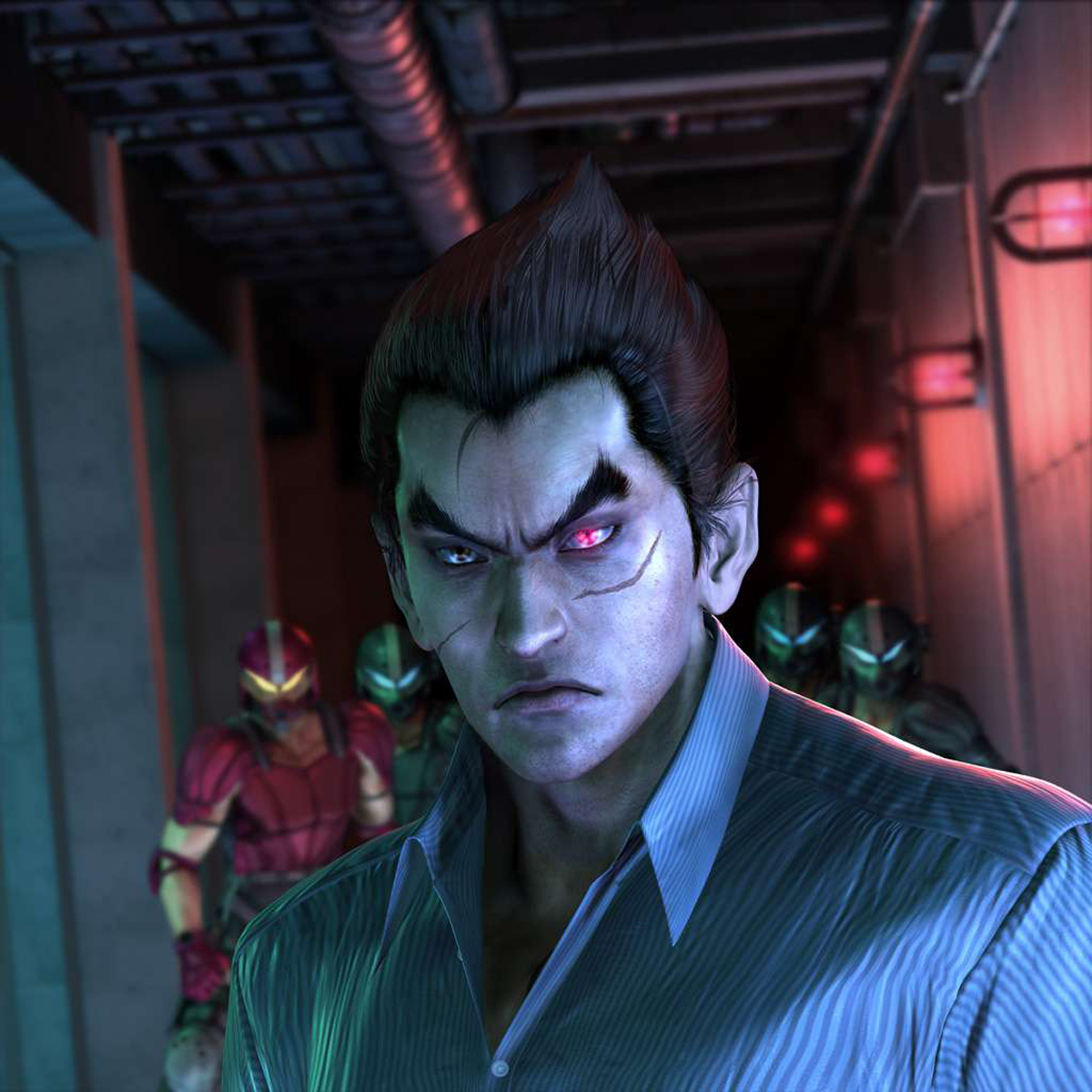DonieZ wrote:Go look up the Tenkaichi and Raging Blast games, tell me what genre they are listed under. Only the creator can dictate what they intended their product to be; the most you or anyone can say is that it doesn't do what it's supposed to very well.
So other games like The Legend of Zelda which are branded as action-adventure games means they don't have any RPG elements because the creator hasn't dictated that in its genre? Everyone knows that the LoZ games have RPG elements because they are clearly seen within the game.
DonieZ wrote:I don't get one thing though. How does calling the Tenkaichi-styled games a 'simulator' make it any different or better? In the end the games are mediocre. You can't say they are poor fighting games but magnificent/great 'DBZ-simulating' games at the same time. That's like saying a slow runner is bad at coming top three but good at coming last; in the end the dude's terrible. Before you say anything, I know you aren't trying to give the games more credit or anything, but saying that you 'love' them for being simulators but not fighting games indirectly gives them a lot of undeserved credit. They're mediocre simulators just as they are mediocre fighting games (at best).
How does it make it different or better? The Tenkaichi games pull off a better feel of the DBZ universe than any of the Budokai games, the combat
simulates that of the show. Perhaps 'love' is too strong a word but what I'm trying to say is that the games are perfectly fine for giving you the feel of a DBZ battle that you can control. The actual fighting may suck, and as I said, that is because it lacks a lot of the elements that would make it a true fighter which is why I classify it as a different genre. It's the same thing with games like Jak and Daxter, those games are depicted as platform games but you play a character who runs around beating up hordes of enemies with his fists. So doesn't that mean there are elements of a beat'em up?
DonieZ wrote:If these games aren't fighting games, how then do we correctly assess them? Why are the games good, and why are they bad? If any of the reasons for them being bad are to do with anything related to what decent fighting games consist of then you cannot call them not fighting games, otherwise we have no right to say they are bad for lacking these things.
As I've said I do not consider these games, fighting games, they lack a lot of the elements necessary to be considered as a fighting game. What the games do well is give you a great imitation of how a DBZ battle would look and control as they make use of large destructible fighting areas and allow you to move and, somewhat, attack like a DBZ character. Though if you really want to be pedantic about this I suggest you look up something called "Earth's Special Forces" this was a Half-Life:Source mod that was made back in 2002 (3 years before the first Tenkaichi game) which is basically what gave the developers the idea for the Tenkaichi games. If you also check the genre it is listed as an Action game, but there are fighting elements in the game.
DonieZ wrote:I didn't mean to compare Super DBZ to BL, those two games, aside from BL's inclusion of the 'action bar', are extremely different (even the ki management system is very different). BL didn't suffer from converting to something akin to SDBZ, it suffered because the convertion was not handled successfully. Super DBZ is far better than BL, and also has a more competitive edge to it than Budokai. Budokai may be the strongest 'series' as a fighter, but Super DBZ is the strongest 'game'.
I should point out that ki management is practically non-existent in burst limit, the only times where you have to be careful is if you let off an ultimate attack or go into hyper mode as you'll drop your action bar down to 0. Ki blasts don't cost any ki, teleports require only a bit of the action bar which is recovered practically the instant you end the teleport and I believe supers don't cost anything either.
DonieZ wrote:I don't think anyone has said that Budokai has no depth, and is not competitive full stop. Ofcourse the game has some/enough depth, and can be played competitively, I don't think anyone is saying that. It's just that it shouldn't be overrated, the extent to which you can see diverse and interesting matches is really limited. The game mostly revolves around memorising your cancel combos and managing your ki effectively, then trying to pull off your very long combos. Long combos does not make a fighting game good, and as far as I know the aim of (high-level) Budokai is to land your long combos; if you watched the SF4 vid posted then you'd see most of the combos barely passed 8 hits. The game is also flat our boring to watch, even high level. The P and K animations are so bland and undiverse which make Budokai vids so repetitive; and it is for this reason which I give BL a lot of credit and why I would have liked more iterations of the series to see where it could have gone.
The comment about seeing diverse and interesting matches isn't really a good one, I have been working on frame data for Infinite world and I have found every character to be unique in terms of reach, start-up frames, recovery, and frame advantage from block stun. As I commented in the post above about how a Goku vs Broly fight could go it just shows a little as to what would make the matches interesting as there are a lot of factors to take into consideration which people take for granted. To say there is little diversity is really an understatement of the game. Each character performs differently and his/her advantages or disadvantages in combat and making use of those advantages to stack the odds in your favour is something all fighting games do, the Budokai games are no different. I do agree with you on the point of some of the animations in the Budokai games they do seem to lack diversity but that isn't a reason to not like the games other strong areas.
And how does this show depth or competitiveness? Sorry, but providing a video of one character created through Mugen(Arguably the worst thing to provide an example of depth and competitiveness because of the way you can design rules to fit only one character) is not really a show of depth or competitiveness. In fact, it seems like a downright insult to the Budokai franchise to say that one character in a Mugen game does depth and competitiveness better than an actual fleshed out game. It also seems as though you are saying that because these combos "look" particularly good that means that the depth and competitiveness
has to be better than a game which combos don't look as nice. A character one guy created in Mugen isn't going to have as near an amount of a character thought up by a team of games designers, has this guy taken into consideration this Goku character compared to others? Has he been balancing it with other characters he has created to make sure the characters have equal opportunities in attack and defence? Depth and competitiveness are much more than a simple demonstration of combos. The only reason I have provided links of combos and the like is to show examples from them and explain around them, for instance, earlier I was on about how Goku's >PKK will force the player into the air slightly in an unfavourable juggle position is you enter >PKK once more. I also said it was possible to juggle from this position if you can cancel quick enough. Both times I provided videos showing what I mean to get my point across better. You have basically just provided a video and said that it trumps the Budokai games in depth and competitiveness without any information on what or how its achieved this.





